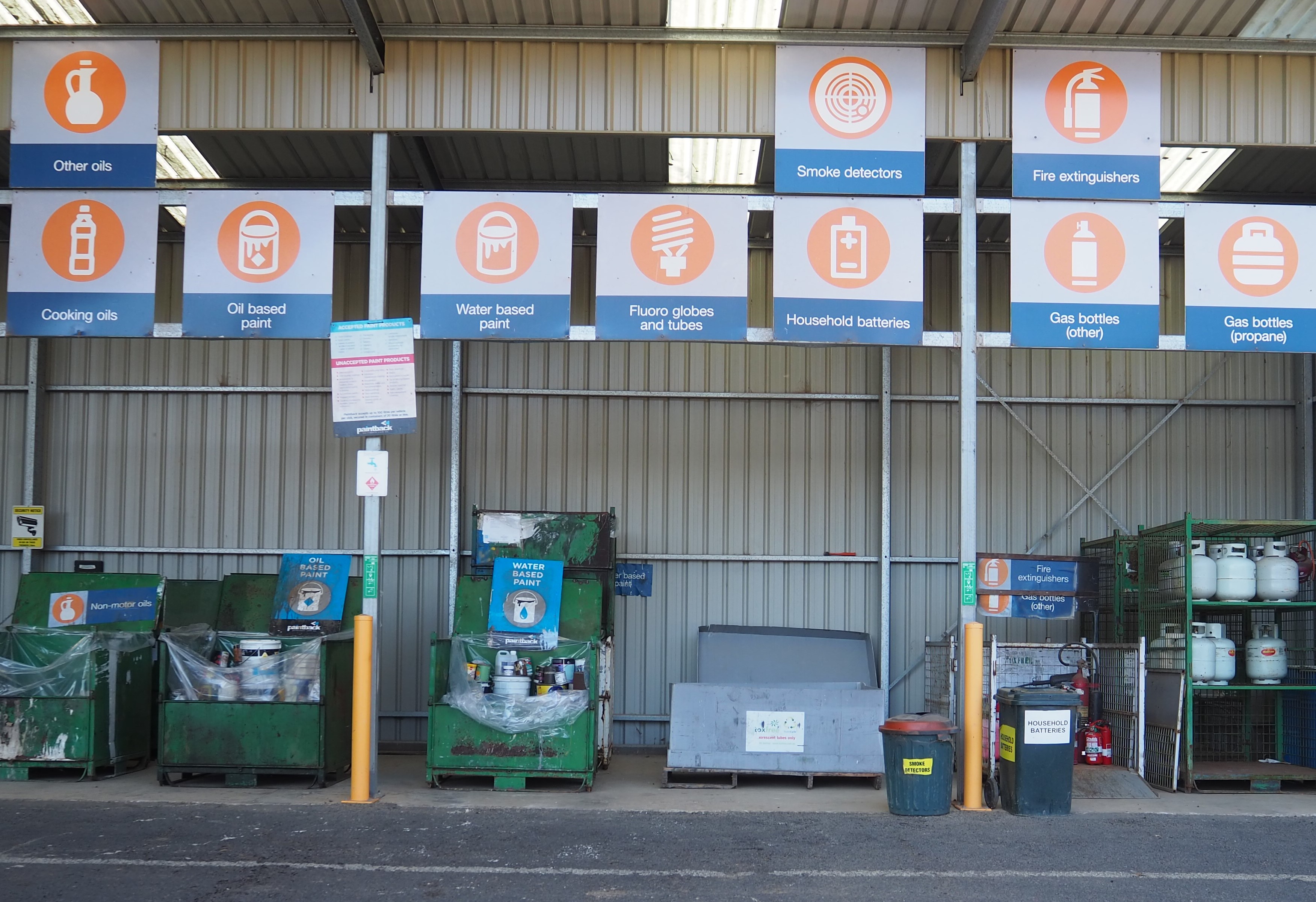Tasmanian Institute of Agriculture student Lauren Rowlands has researched whether irrigated or dryland pasture is best to optimise Merino wether performance. She was inspired to choose this wool-related topic following her experience at AWI’s 2018 ³Ô¹ÏÍøÕ¾ Merino Challenge.
Taking part in AWI’s 2018 ³Ô¹ÏÍøÕ¾ Merino Challenge influenced Tasmanian Institute of Agriculture student Lauren Rowlands to choose an honours research topic on how to optimise the production of Merino wethers.
Lauren Rowlands grew up in a small rural town in the Southern Midlands of Tasmania and farming was an integral part of her childhood. Her grandparents have a family sheep farm and her father is a shearer and runs Merino and Merino cross sheep.
“I have always looked forward to lambing season and helping with lamb marking and shearing ever since I was big enough to catch a lamb,” she said.
However, it was attending a college careers fair and hearing about the diverse opportunities in farming that first put agriculture on her radar as a university and career pathway.
Lauren has gone on to study agricultural science at the University of Tasmania’s Tasmanian Institute of Agriculture (TIA). While there she has been exposed to a wide variety of topics, from livestock to cropping to grapevines.
³Ô¹ÏÍøÕ¾ Merino Challenge 2018
In May 2018, Lauren attended AWI’s ³Ô¹ÏÍøÕ¾ Merino Challenge event in Adelaide, along with more from 120 other tertiary and secondary students from across the country.
This two-day educational initiative connects students with industry professionals, highlighting an array of careers which involve working with wool. The students are educated and then assessed on their skills across a wide range of wool-related topics. Lauren was the overall champion of the tertiary division in 2018 and was also a member of the TIA team that won the tertiary team competition.
“The ³Ô¹ÏÍøÕ¾ Merino Challenge is a fantastic opportunity to become more aware of the practical skills that may be expected of an agriculture graduate entering the sheep industry – and the competition can help open your eyes to the countless opportunities the wool and sheep industry can offer the next generation,” Lauren said.
“I liked that it had skill components that covered the whole spectrum of wool production from on-farm decisions like feed budgeting, body condition scoring and ewe management, sale skills where we would have to select rams based on breeding objectives, and right through to typing wool.
“It was also a great opportunity to be around a new network of young people who were passionate and enthusiastic about the future of wool in Australia.”
Back on her course at TIA, Lauren decided to choose a wool-related topic for her honours research, a decision which she says was influenced by attending the ³Ô¹ÏÍøÕ¾ Merino Challenge.








